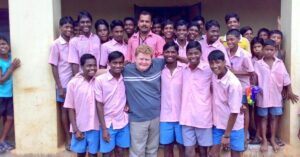Exclusive: Mumbai’s First Female Olympian Raised Money From a Dance To Create History
At 90, Mumbai's Mary D'souza Sequeira narrates the enthralling tale of how she scripted her own destiny through hard work and became one of India's first female Olympians at the 1952 Olympics.
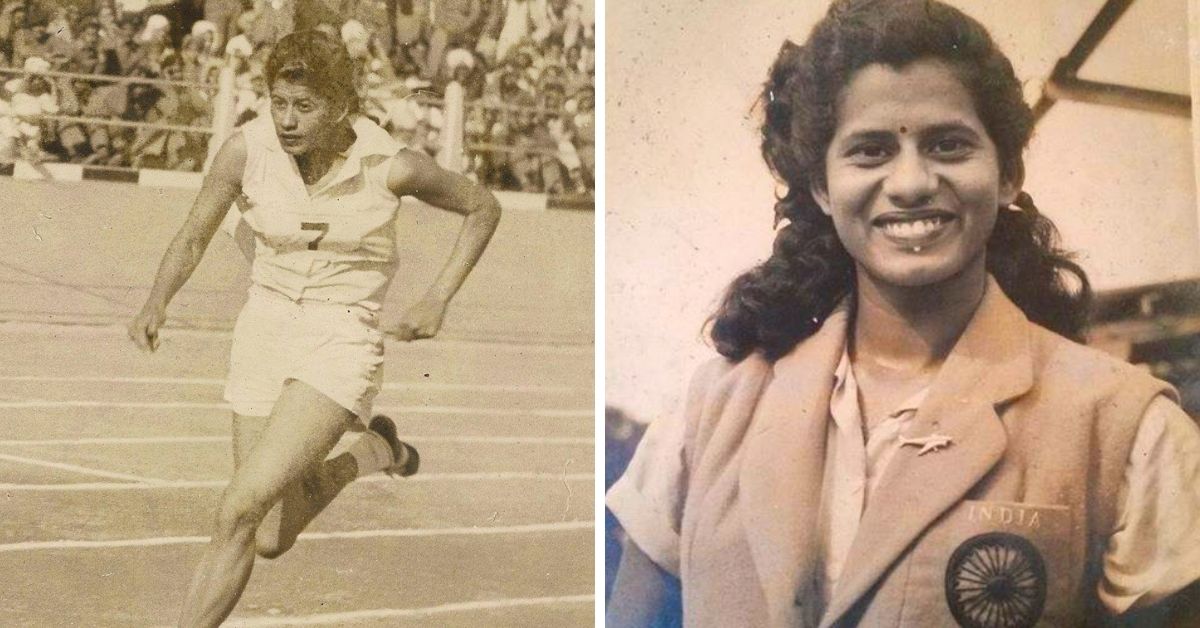
Mary D’souza Sequeira learnt to play sports by keenly observing her brothers and other boys in Bandra, Mumbai. An Olympian and Asian Games winner, Mary had no coach or trainer to learn from initially but this did not stop her from scripting history as a runner and hockey player in India’s sports legacy.
She belongs to the league of athletes who made it on their own and refused to succumb to any challenges, no matter how tough it got. Her journey is awe-inspiring, given that she grew up in a middle-class family with 12 siblings where pursuing a sports career was frowned upon, especially for girls. Her parents neither went to see her nor cheered her on when she competed in track and field.
The lack of encouragement was also reflected in the government every time they struggled to support women athletes like Mary.
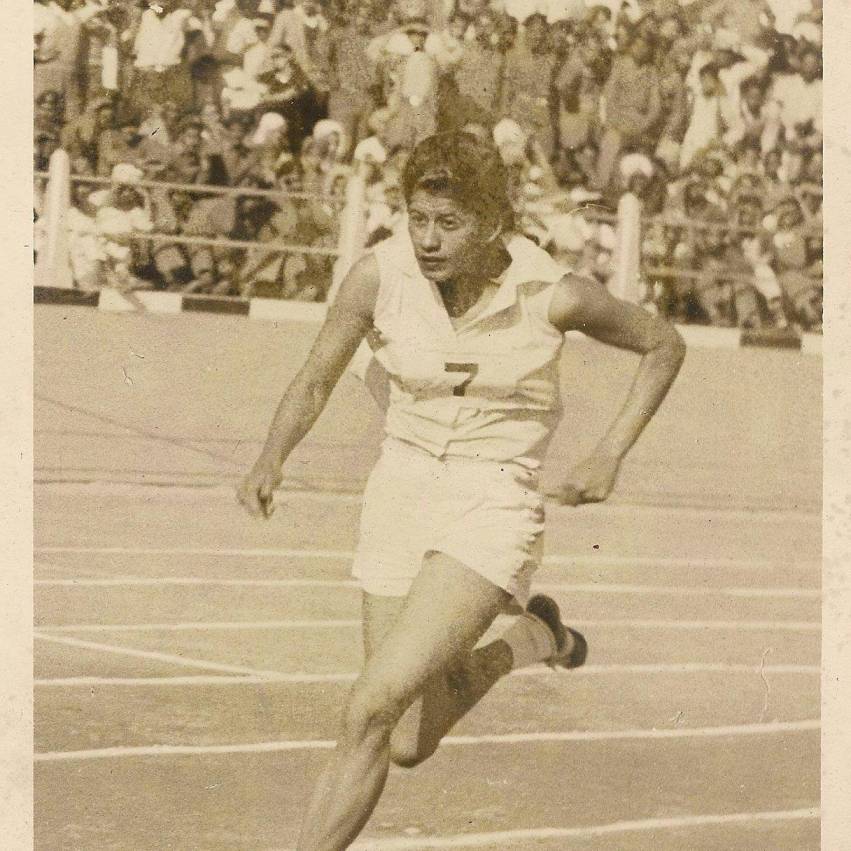
When she was selected as part of India’s first female contingent at the 1952 Olympics organised in Finland’s capital Helsinki, the government fell short of funds to send her in a chartered flight with West Bengal’s Nilima Ghosh. Not one to give up easily, she raised funds for the participation fees by organising a dance and whist competition with the help of her friends.
Recalling her first time flying, she tells The Better India, “Flying was a novelty and it was quite thrilling. I was intrigued with the plane and was glad I landed in one piece.”
A recipient of the Dhyan Chand award, India’s highest award for lifetime achievement in sports and games, Mary also played badminton and table tennis for the Railways. She went on to work with Tata Group and later joined the Railways as Welfare Officer and retired as a Sports Officer.
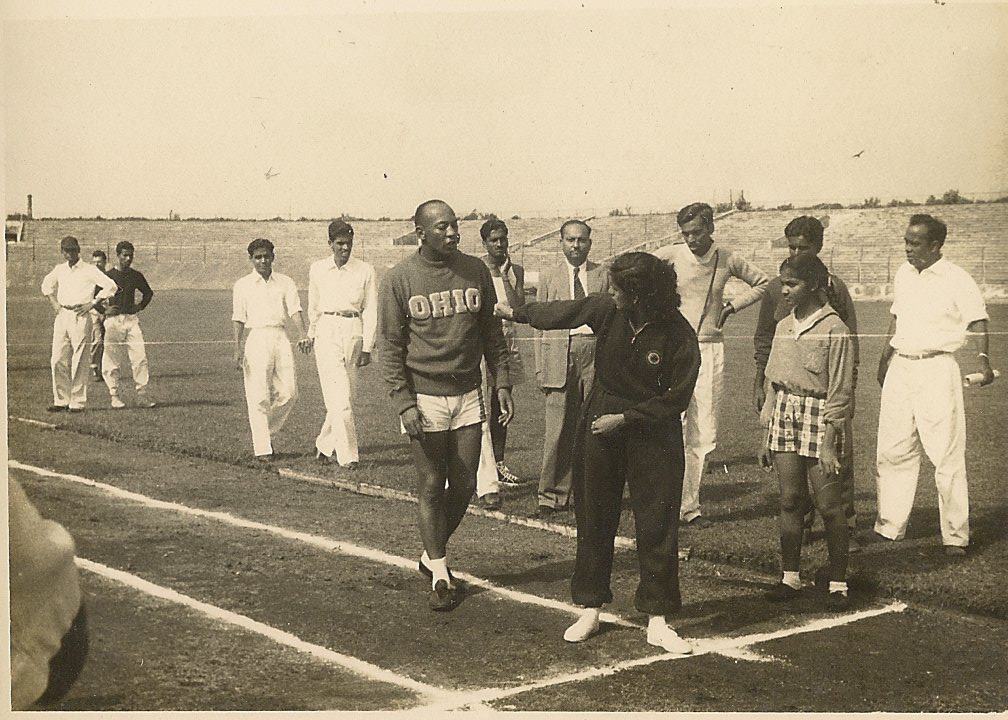
“I am competitive by nature and don’t give up. I learnt hard work and discipline from watching my parents and siblings. I was the only girl playing hockey with the boys and I had to be as good or better than them to earn my stripes to play. This helped me improve my game,” she says.
An Accidental Sport
Mary studied in an all-girls St Joseph’s Convent School, which had no ground back then. For sports, they played games like a gunny sack, book balancing, frog race, etc. She was introduced to hockey by her brothers. Intrigued and excited, Mary soon learnt to play hockey at the Suburbanelles, a local hockey team with the help of Emile D’Souza and joined the neighbourhood boys on the municipal grounds
It was during one of those days when her cousin noticed her impeccable speed. He enrolled her in a local race and that’s how her journey began. A teenage Mary would often trespass St Andrew’s boys’ school to practice on their track.
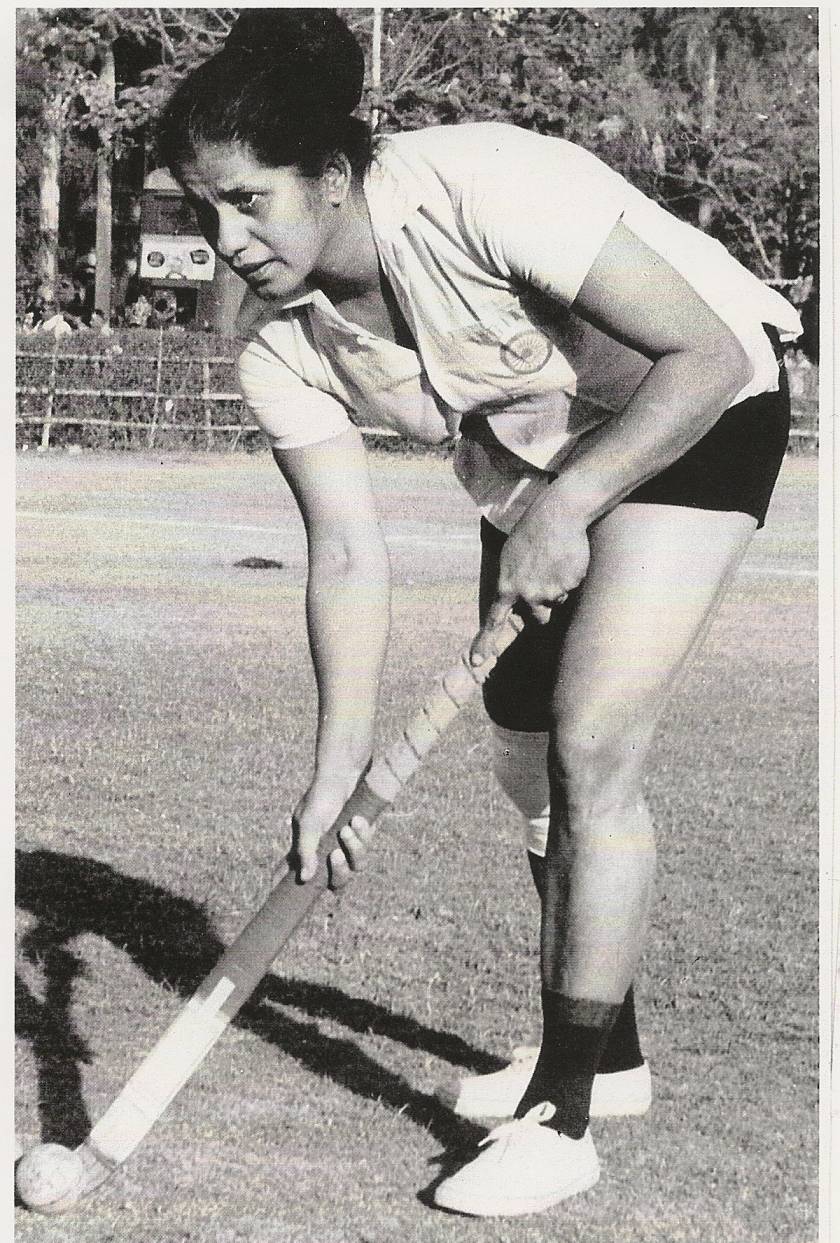
Reminiscing about her fond memories, she says, “My favourite part of the day was coming home to tea and a homemade snack and then playing on the municipal grounds or in the backyard until the lamp lights were turned on.”
Hard work and her ‘never quit’ attitude is something she got from her family.
“My parents were extremely hardworking folks. My mother barely finished making breakfast when she had to start on lunch. She then took a nap on a chair while dinner slow-cooked on a wood fire. My father, who loved playing the violin, was a strapping 6-foot man who worked overtime to feed so many mouths. We may not have had much but we had nutritious and protein-rich meals for dinner,” adds Mary.
Mary’s professional journey began with the Asian Games played in Delhi in 1951. She won bronze in the 200m race and silver in the 4x100m relay. The team was felicitated by then-President Rajendra Prasad. She also got a chance to meet India’s first Prime Minister, Jawaharlal Nehru.
“I didn’t get any prize money back then but I got an autographed picture of Nehru and an autograph by Lady Mountbatten. There was no reception after winning in New Delhi. My mother did not even make me my favourite Chicken Xacuti when I returned,” she told ESPN.
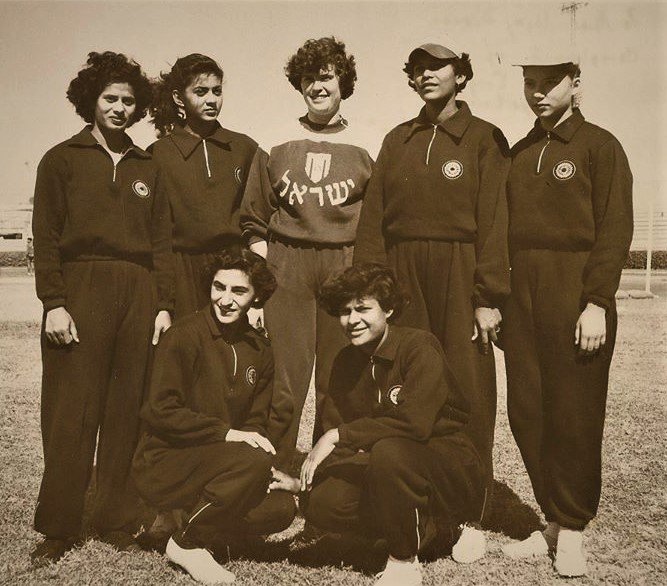
But she went on to participate in the 1952 Helsinki Olympics, and was selected for the 1956 Melbourne Olympics too but due to insufficient funds, the entire women’s contingent couldn’t go.
Mary broke several national records for 100m, 200m and 800m hurdles. One of her most significant achievements came in the 1954 Asian Games in Manila where the relay team clinched a gold.
While she is grateful for her illustrious career in sports, she didn’t want her daughter, Marissa who plays three sports — basketball, hockey and track and field, to pursue sports due to its limited scope.
“She has won gold medals at the Nationals in all the three sports but I did not see a future for my daughter in sports. Even though I was a parent who never missed a single game of hers, I encouraged her to focus on her studies and use sports as a hobby and not a way of life,” says Mary.
But Mary notes that things are different today and encourages girls to pursue sports, considering that now international travel, training and competitions are easier to partake of and companies are willing to sponsor talent.
“Sports is not just about medals and winning. It teaches you how to win and lose in the game of life. I have had so many challenges and my sports experience has taught me to treat each day as another game and to take life’s hurdles in my stride. The friends that I made on and off the field have lasted me in my 90s,” she adds.
To know more about Mary’s life you can check out ‘You Can’t Eat Your Fame’, a book written by her daughter, Marissa Sequeira.
All images are sourced from Mary Dsouza Sequeira/Facebook
Edited by Yoshita Rao
If you found our stories insightful, informative, or even just enjoyable, we invite you to consider making a voluntary payment to support the work we do at The Better India. Your contribution helps us continue producing quality content that educates, inspires, and drives positive change.
Choose one of the payment options below for your contribution-
By paying for the stories you value, you directly contribute to sustaining our efforts focused on making a difference in the world. Together, let's ensure that impactful stories continue to be told and shared, enriching lives and communities alike.
Thank you for your support. Here are some frequently asked questions you might find helpful to know why you are contributing?


This story made me
-
97
-
121
-
89
-
167




